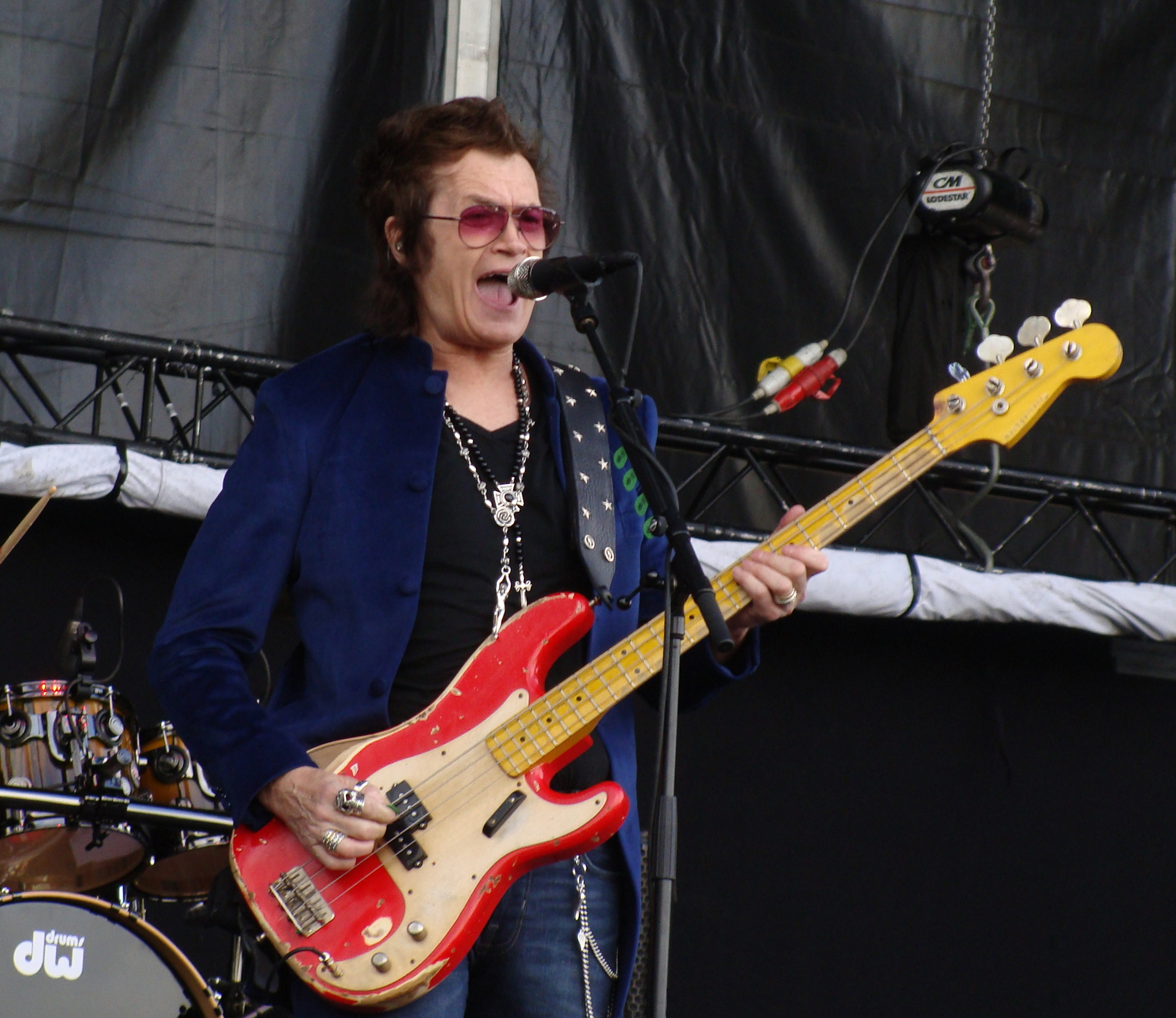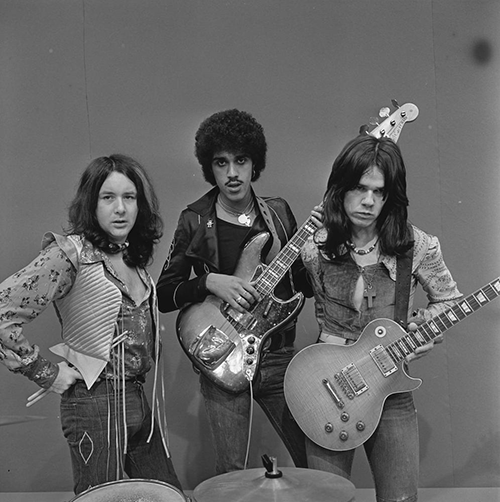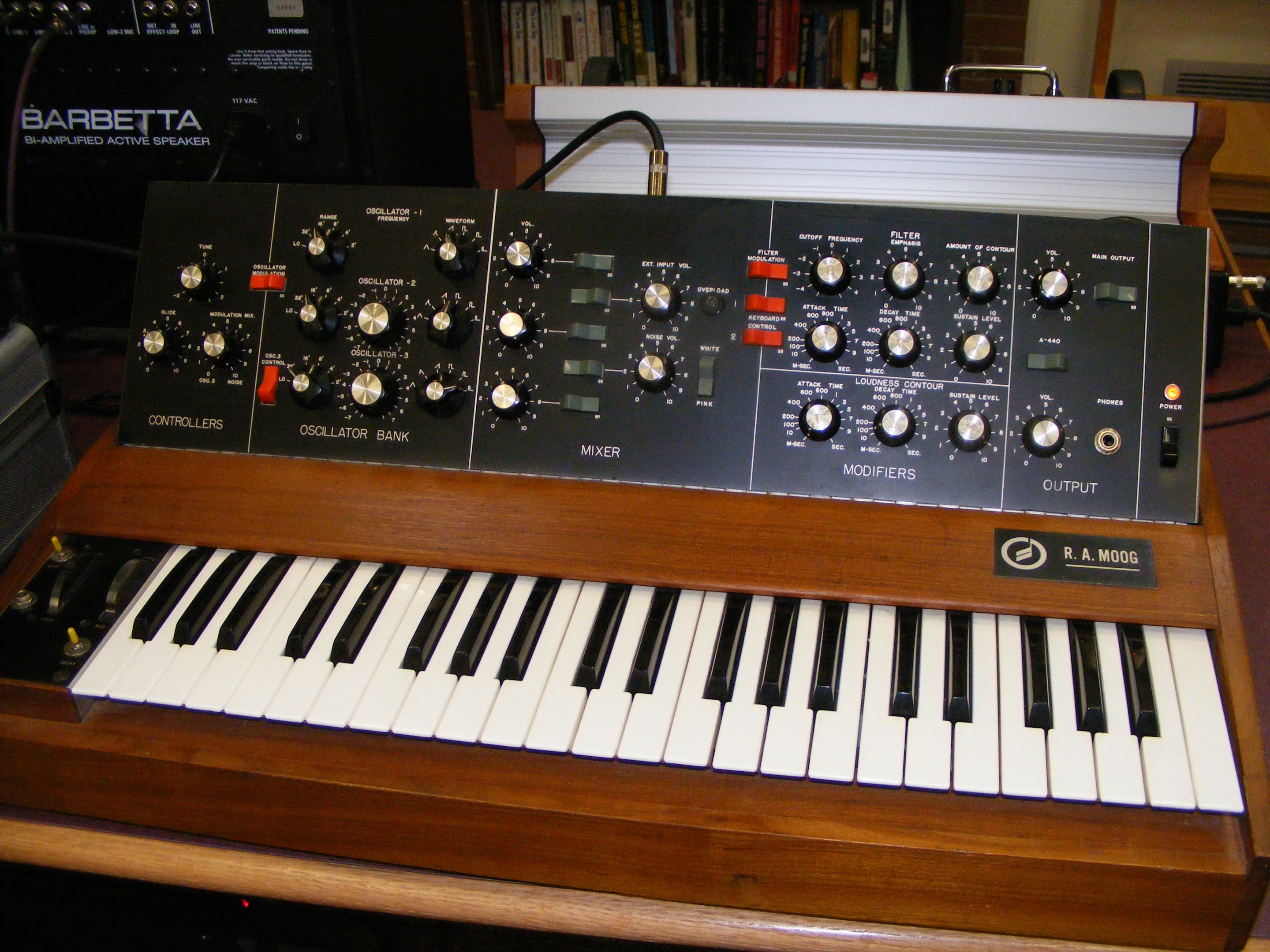|
The Work Tapes
''The Work Tapes'' is an album of demos recorded by vocalist Glenn Hughes (Deep Purple/ Black Sabbath/ Trapeze) and keyboardist Geoff Downes (Asia / Buggles /Yes). The sessions were originally recorded in June 1991, but did not receive an official release until 1998. History By 1991, Glenn Hughes’ solo career had yet to take off, he had spent much of the eighties in short lived musical collaborations with the likes of Pat Thrall, Black Sabbath and Gary Moore he had failed to establish himself long-term. This was, in part due to drug issues that had first surfaced in the seventies, while he was in Deep Purple and continued throughout the following decade. Hughes had first met keyboardist Geoff Downes when they were introduced to one another by Downes's then- Asia band-mate Pat Thrall (who had worked with Hughes in Hughes/Thrall). Downes had joined Hughes to record keyboard parts for an intended solo album financed by Bronze Records, but that record was subsequently shelved an ... [...More Info...] [...Related Items...] OR: [Wikipedia] [Google] [Baidu] |
Glenn Hughes (British Musician)
Glenn Hughes (born 21 August 1951) is an English musician, best known for playing bass and performing vocals in the hard rock band Trapeze and in the Mk. III and IV line-ups of Deep Purple, as well as briefly fronting Black Sabbath in the mid-1980s. In addition to being an active session musician, Hughes maintains a notable solo career. He fronts the supergroup Black Country Communion, and fronted California Breed from 2013 to 2015 and The Dead Daisies from 2019 to 2023. In 2016, Hughes was inducted into the Rock and Roll Hall of Fame as a member of Deep Purple. Early life Hughes was born in Cannock, Staffordshire, England, on 21 August 1951. He fronted Finders Keepers in the 1960s as bassist/vocalist. Career Trapeze, Deep Purple, Hughes and Thrall (1973–1982) Hughes fronted the British funk rock band Trapeze. Hughes was bassist and lead vocalist for the first three Trapeze albums, released between 1970 and 1972. He also credited with contributing guitar, piano and ... [...More Info...] [...Related Items...] OR: [Wikipedia] [Google] [Baidu] |
Gary Moore
Robert William Gary Moore (4 April 19526 February 2011) was a Northern Irish musician. Over the course of his career, he played in various groups and performed a range of music including blues, blues rock, hard rock, Heavy metal music, heavy metal and jazz fusion. Influenced by Peter Green (musician), Peter Green and Eric Clapton, Moore began his career in the late 1960s when he joined Skid Row (Irish band), Skid Row, with whom he released two albums. After Moore left the group he joined Thin Lizzy, featuring his former Skid Row bandmate and frequent collaborator Phil Lynott. Moore began his solo career in the 1970s and achieved major success with 1979's "Parisienne Walkways", which is considered his signature song. During the 1980s, he transitioned into playing hard rock and heavy metal with varying degrees of international success. In 1990, he returned to his roots with ''Still Got the Blues'', which became the most successful album of his career. Moore continued to release ... [...More Info...] [...Related Items...] OR: [Wikipedia] [Google] [Baidu] |
Albums Produced By Geoff Downes
An album is a collection of audio recordings (e.g., music) issued on a medium such as compact disc (CD), vinyl (record), audio tape (like 8-track or cassette), or digital. Albums of recorded sound were developed in the early 20th century as individual 78 rpm records (78s) collected in a bound book resembling a photo album; this format evolved after 1948 into single vinyl long-playing (LP) records played at rpm. The album was the dominant form of recorded music expression and consumption from the mid-1960s to the early 21st century, a period known as the ''album era''. Vinyl LPs are still issued, though album sales in the 21st-century have mostly focused on CD and MP3 formats. The 8-track tape was the first tape format widely used alongside vinyl from 1965 until being phased out by 1983, being gradually supplanted by the cassette tape throughout the 1970s and early 1980s; the popularity of the cassette reached its peak during the late 1980s before sharply declini ... [...More Info...] [...Related Items...] OR: [Wikipedia] [Google] [Baidu] |
Glenn Hughes Albums
Glenn may refer to: Name or surname * Glenn (name) * John Glenn, U.S. astronaut Cultivars * Glenn (mango) * a 6-row barley variety Places In the United States: * Glenn, California * Glenn County, California * Glenn, Georgia, a settlement in Heard County * Glenn, Illinois * Glenn, Michigan * Glenn, Missouri * Glenn Highway in Alaska Organizations *Glenn Research Center, a NASA center in Cleveland, Ohio See also * New Glenn, a heavy-lift orbital launch vehicle * * *Glen A glen is a valley, typically one that is long and bounded by gently sloped concave sides, unlike a ravine, which is deep and bounded by steep slopes. The word is Goidelic in origin: ''gleann'' in Irish and Scottish Gaelic, ''glion'' in Manx. ..., a valley * Glen (other) {{disambiguation, geo ... [...More Info...] [...Related Items...] OR: [Wikipedia] [Google] [Baidu] |
Synthesizers
A synthesizer (also synthesiser or synth) is an electronic musical instrument that generates audio signals. Synthesizers typically create sounds by generating waveforms through methods including subtractive synthesis, additive synthesis and frequency modulation synthesis. These sounds may be altered by components such as filters, which cut or boost frequencies; envelopes, which control articulation, or how notes begin and end; and low-frequency oscillators, which modulate parameters such as pitch, volume, or filter characteristics affecting timbre. Synthesizers are typically played with keyboards or controlled by sequencers, software or other instruments, and may be synchronized to other equipment via MIDI. Synthesizer-like instruments emerged in the United States in the mid-20th century with instruments such as the RCA Mark II, which was controlled with punch cards and used hundreds of vacuum tubes. The Moog synthesizer, developed by Robert Moog and first sold in 19 ... [...More Info...] [...Related Items...] OR: [Wikipedia] [Google] [Baidu] |
Keyboard Instrument
A keyboard instrument is a musical instrument played using a keyboard, a row of levers that are pressed by the fingers. The most common of these are the piano, organ, and various electronic keyboards, including synthesizers and digital pianos. Other keyboard instruments include celestas, which are struck idiophones operated by a keyboard, and carillons, which are usually housed in bell towers or belfries of churches or municipal buildings. Today, the term ''keyboard'' often refers to keyboard-style synthesizers and arrangers as well as work-stations. These keyboards typically work by translating the physical act of pressing keys into electrical signals that produce sound. Under the fingers of a sensitive performer, the keyboard may also be used to control dynamics, phrasing, shading, articulation, and other elements of expression—depending on the design and inherent capabilities of the instrument. Modern keyboards, especially digital ones, can simulate a wide range of ... [...More Info...] [...Related Items...] OR: [Wikipedia] [Google] [Baidu] |
Vocals
Singing is the art of creating music with the voice. It is the oldest form of musical expression, and the human voice can be considered the first musical instrument. The definition of singing varies across sources. Some sources define singing as the act of creating musical sounds with the voice. Other common definitions include "the utterance of words or sounds in tuneful succession" or "the production of musical tones by means of the human voice". A person whose profession is singing is called a singer or a vocalist (in jazz or popular music). Singers perform music (arias, recitatives, songs, etc.) that can be sung with or without accompaniment by musical instruments. Singing is often done in an ensemble of musicians, such as a choir. Singers may perform as soloists or accompanied by anything from a single instrument (as in art songs or some jazz styles) up to a symphony orchestra or big band. Many styles of singing exist throughout the world. Singing can be forma ... [...More Info...] [...Related Items...] OR: [Wikipedia] [Google] [Baidu] |
Video Killed The Radio Star
"Video Killed the Radio Star" is a song written by Trevor Horn, Geoff Downes and Bruce Woolley in 1979. It was recorded concurrently by Bruce Woolley and the Camera Club (with Thomas Dolby on keyboards) for their album '' English Garden'' and by British new wave/synth-pop group the Buggles, which consisted of Horn and Downes (and initially Woolley). The Buggles' version of the track was recorded and mixed in 1979, released as their debut single on 7 September 1979 by Island Records, and included on their first album '' The Age of Plastic''. The song relates to concerns about, and mixed attitudes toward 20th-century inventions and machines for the media arts. The song has been positively received, with reviewers praising its unusual musical pop elements. On release, the Buggles single topped sixteen international music charts, including those in the UK, Australia, and Japan. It also peaked in the top 10 in Canada, Germany, New Zealand and South Africa, but only reached numbe ... [...More Info...] [...Related Items...] OR: [Wikipedia] [Google] [Baidu] |
Progressive Rock
Progressive rock (shortened as prog rock or simply prog) is a broad genre of rock music that primarily developed in the United Kingdom through the mid- to late 1960s, peaking in the early-to-mid-1970s. Initially termed " progressive pop", the style emerged from psychedelic bands who abandoned standard pop or rock traditions in favour of instrumental and compositional techniques more commonly associated with jazz, folk, or classical music, while retaining the instrumentation typical of rock music. Additional elements contributed to its " progressive" label: lyrics were more poetic, technology was harnessed for new sounds, music approached the condition of " art", and the studio, rather than the stage, became the focus of musical activity, which often involved creating music for listening rather than dancing. Progressive rock includes a fusion of styles, approaches and genres, and tends to be diverse and eclectic. Progressive rock is often associated with long solos, exte ... [...More Info...] [...Related Items...] OR: [Wikipedia] [Google] [Baidu] |
Hard Rock
Hard rock or heavy rock is a heavier subgenre of rock music typified by aggressive vocals and Distortion (music), distorted electric guitars. Hard rock began in the mid-1960s with the Garage rock, garage, Psychedelic rock, psychedelic and blues rock movements. Some of the earliest hard rock music was produced by the Kinks, the Who, the Rolling Stones, Cream (band), Cream, Vanilla Fudge, and the Jimi Hendrix Experience. In the late 1960s, bands such as Blue Cheer, the Jeff Beck Group, Iron Butterfly, Led Zeppelin, Creedence Clearwater Revival, Golden Earring, Steppenwolf (band), Steppenwolf, Grand Funk, Free (band), Free, and Deep Purple also produced hard rock. The genre developed into a major form of popular music in the 1970s, with the Who, Led Zeppelin and Deep Purple being joined by Black Sabbath, Alice Cooper, Aerosmith, Kiss (band), Kiss, Queen (band), Queen, AC/DC, Thin Lizzy and Van Halen. During the 1980s, some hard rock bands moved away from their hard rock roots and m ... [...More Info...] [...Related Items...] OR: [Wikipedia] [Google] [Baidu] |
Bronze Records
Bronze Records was an independent English record label founded in 1971 by record producer Gerry Bron on Oxford Street in London, eventually relocating to Chalk Farm. History Bron had been producing Uriah Heep (band), Uriah Heep for Vertigo Records, and he set up the new label for future Uriah Heep releases, along with Juicy Lucy (band), Juicy Lucy, Richard Barnes (musician), Richard Barnes, Eastern Alliance and Colosseum (band), Colosseum. Other subsequent acts included Gene Pitney, Osibisa, Paladin (band), Paladin, Goldie (band), Goldie, Manfred Mann's Earth Band (another Vertigo refugee), the Real Kids, Roxy Music's Andy Mackay, Sally Oldfield, Kim Mitchell Motörhead, Angel Witch, The Damned (band), the Damned, GirlschoolBronzand Hawkwind. Iain Clark, then drummer of Uriah Heep (band), Uriah Heep, won a £25 prize for coming up with the name of the record company. Original manufacturing and distribution was through Island Records, moving to EMI in 1977 and then to Polydor R ... [...More Info...] [...Related Items...] OR: [Wikipedia] [Google] [Baidu] |
Hughes/Thrall
Hughes/Thrall was a musical project formed in 1982 by former Deep Purple and Trapeze bassist/vocalist Glenn Hughes and guitarist Pat Thrall. History While Pat Thrall had spent the late 1970s and early 1980s making a name for himself by playing with the likes of Automatic Man and Pat Travers, former Deep Purple member Glenn Hughes recorded one solo album after the demise of Purple in 1976 entitled '' Play Me Out''; a record that focused more on his love of soul and funk rather than hard rock. ''Play Me Out'' had limited success and Hughes had slipped off the musical map, save for a few guest appearances here and there. Hughes moved to Los Angeles to write with the intention of releasing new material. In 1981, Thrall's playing caught Hughes' eye and the two formed a musical partnership. After a period of jamming and writing they started recording with producer Andy Johns (who had previously worked with the likes of Led Zeppelin, Free and The Rolling Stones). They released the ... [...More Info...] [...Related Items...] OR: [Wikipedia] [Google] [Baidu] |







